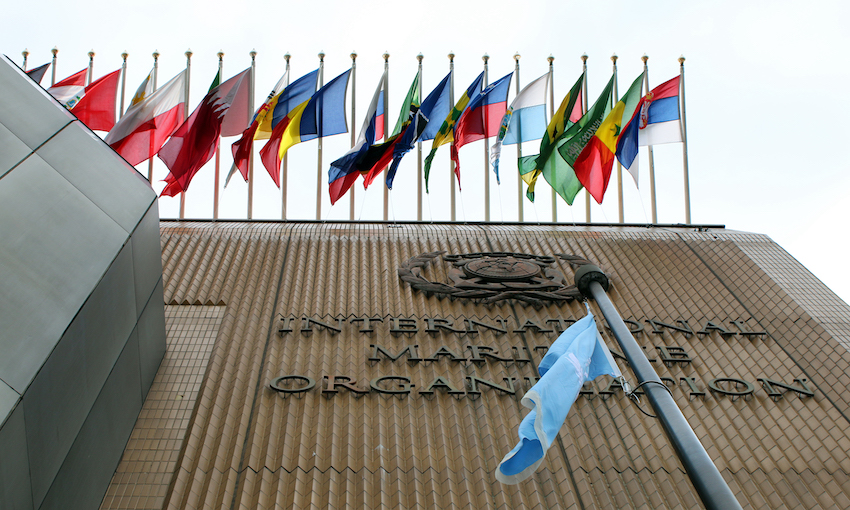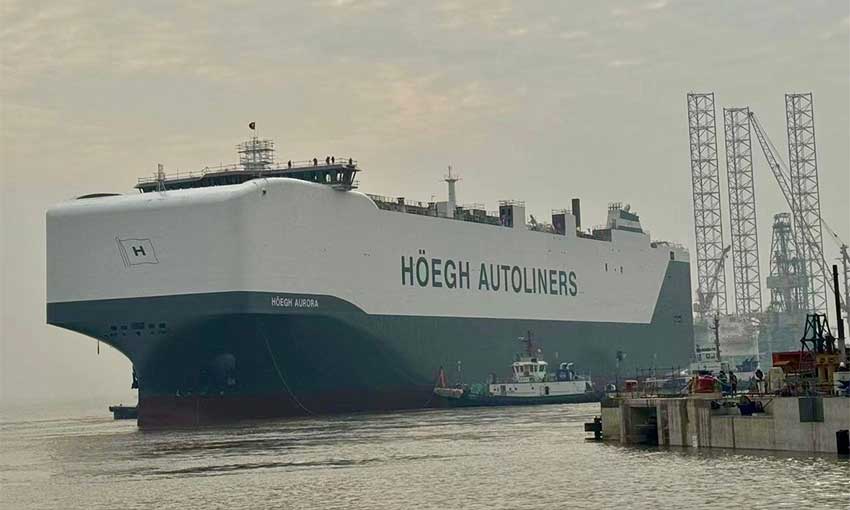THE INTERNATIONAL Chamber of Shipping has denounced the International Maritime Organization’s reported rejection of a research and development fund for decarbonisation projects across the shipping industry.
The ICS had proposed the establishment of an International Maritime Research and Development Fund to accelerate the research, development and deployment of zero-carbon technologies and fuels.
The goal of the fund was to raise US$5 billion via a mandatory R&D contribution of US$2 per tonne of marine fuel consumed, to be paid by ships globally. The levy would have supported R&D programs aimed at decarbonising the sector.
In March this year, shipping industry representatives and supporting governments modified the proposal to allocate 10% of the fund to GHG reduction projects in developing economies, including small island states vulnerable to climate change.
However, a statement from ICS secretary general Guy Platten suggests the IMO’s Marine Environment Protection Committee has rejected the proposal.
“The IMO has wasted its opportunity to kick start a rapid transition to zero-carbon technologies which will be vital if we are to decarbonise completely by 2050,” Mr Platten said.
A comprehensive regulatory proposal for the fund was pushed forward in 2020 by Denmark, Greece, Japan, Singapore, Georgia, Liberia, Malta, Nigeria, Palau and Switzerland.
“Despite the support of many IMO states, we have been frustrated by short-sighted political manoeuvring which has led to the proposal in effect being killed.
“The signal this sends means that the financial risk associated with green investment will remain high, slowing down efforts to switch to zero-carbon fuels as soon as possible.”
Mr Platten said there had been claims that the fund was a market-based measure and did not go far enough, which he said was a deliberate misinterpretation of the ICS’s intention.
“The fund was never presented as a carbon pricing measure, which, although being an additional measure which we also fully support, is politically far more complex and will take many more years to develop,” he said.
“If governments had shown the political will, the separate R&D fund could have been up and running next year, raising billions of dollars from industry at no cost to governments.
“Despite the lack of government leadership at the IMO, the shipping industry remains committed to finding ways of achieving net zero carbon emissions by 2050.”
Mr Platten said funding for R&D will be at the top of the agenda at the Shaping the Future of Shipping Summit, in London this month, hosted by ICS.
He said leading chief executives from across the global shipping industry will be brought together to find ways to decarbonise the sector.
ICS deputy secretary general Simon Bennett said the fund would have provided US$50 million per year to supporting maritime GHG reduction projects in developing countries, which is reportedly a ten-fold increase on the current IMO technical cooperation budget.
“Sadly, it seems this opportunity to provide immediate help to the likes of small island developing states has also now been lost,” he said.
However, Mr Bennet said the possibility remains for the IMO to use the fund’s proposed regulatory architecture to underpin a future global carbon levy on shipping’s carbon dioxide emissions.
He said it would close the price gap with zero-carbon fuels to help expedite the transition to net-zero by 2050.
“If the contribution system which we have developed can speed up implementation of a global carbon levy for shipping, we may yet be able to look back on this setback at the IMO as a significant moment of success.”





